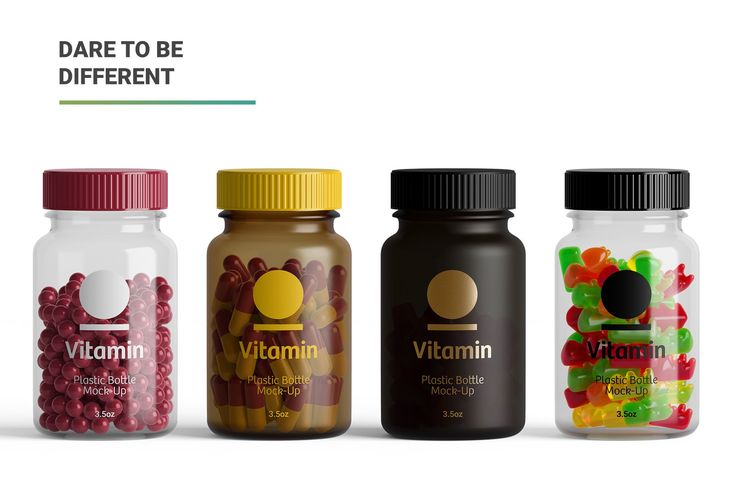Children’s health is a top priority for parents and caregivers, and a robust immune system is essential for their overall well-being. As kids navigate the challenges of growth, development, and exposure to various environments, it’s crucial to take proactive steps to boosting immunity in kids. In this comprehensive guide, we will explore multiple strategies and steps to strengthen the immune system in children, promoting resilience against common illnesses and supporting their healthy development.
-
Nutrient-Rich Diet:
A well-balanced and nutrient-rich diet is the foundation for a healthy immune system. Ensure that children receive a variety of foods from all food groups, including:
- Fruits and Vegetables: Rich in vitamins, minerals, and antioxidants that support immune function.
- Whole Grains: Provide essential nutrients and fiber for overall health.
- Protein Sources: Include lean meats, poultry, fish, eggs, legumes, and dairy products for optimal growth and immune cell production.
- Healthy Fats: Incorporate sources of omega-3 fatty acids, such as fatty fish, flaxseeds, and walnuts, to support immune responses.
-
Adequate Hydration:
Proper hydration is key for maintaining overall health and supporting immune function. Encourage kids to drink an adequate amount of water throughout the day. Herbal teas, diluted fruit juices, and water-rich fruits like watermelon are good options for hydration.-
Regular Physical Activity:
Physical activity plays a significant role in promoting a healthy immune system. Encourage kids to engage in age-appropriate activities such as playing, biking, swimming, or team sports. Regular exercise helps improve circulation, supports immune cell function, and contributes to overall well-being.-
Adequate Sleep:
- Quality sleep is essential for the body’s immune system to function optimally. Ensure that children establish consistent sleep routines, and prioritize the recommended amount of sleep for their age group. A well-rested body is better equipped to fight off infections.
-
Probiotics and Gut Health:
The gut plays a crucial role in immune function, and maintaining a healthy balance of gut bacteria is key. Introduce probiotic-rich foods like yogurt, kefir, sauerkraut, and kimchi to support a diverse and thriving gut microbiome.-
Minimize Sugar Intake:
Excessive sugar intake can negatively impact immune function. Limit the consumption of sugary snacks, sodas, and processed foods. Instead, opt for whole, natural sources of sweetness like fruits.-
Hand Hygiene:
- Teaching kids proper hand hygiene is a simple yet effective way to prevent the spread of infections. Encourage regular handwashing, especially before meals and after using the restroom. Teach them to cover their mouths and noses when sneezing or coughing.
-
Vaccinations:
- Stay up-to-date with recommended vaccinations. Vaccines are a crucial tool in preventing serious illnesses and creating herd immunity within communities, protecting those who may be more vulnerable.
-
Manage Stress:
Chronic stress can negatively impact the immune system. Help children develop healthy coping mechanisms for stress, such as engaging in creative activities, practicing mindfulness, and fostering open communication.-
Fresh Air and Sunlight:
Exposure to fresh air and sunlight contributes to overall well-being. Outdoor activities provide opportunities for exercise and sunlight exposure, which supports the production of vitamin D—a vital nutrient for immune health.-
Encourage Healthy Habits:
Instill healthy habits early on, such as maintaining cleanliness, covering their mouths and noses when coughing or sneezing, and avoiding close contact with sick individuals. These habits contribute to a healthy environment and reduce the risk of infections.-
Educate and Involve Kids:
Educate children about the importance of a healthy lifestyle and how their choices impact their immune system. Involve them in meal preparation, encourage them to make active choices, and explain the significance of practices like handwashing and good hygiene.
Cultural Considerations and Dietary Preferences:
Respect for cultural norms and dietary preferences is vital when implementing immunity-boosting strategies. Tailor dietary recommendations to align with cultural practices, ensuring that the steps taken are both effective and culturally sensitive.
Conclusion
Boosting immunity in kids is a holistic endeavor that involves multiple aspects of their daily lives. By implementing these comprehensive strategies, parents and caregivers can create a supportive environment that enhances their children’s resilience against common illnesses. Encouraging healthy habits, providing nutrient-dense foods, and fostering a positive lifestyle contribute not only to a strong immune system but also to the overall well-being and development of children. As we navigate the path of raising healthy, happy kids, let’s empower them with the tools they need to thrive and build a foundation for a lifetime of good health.



